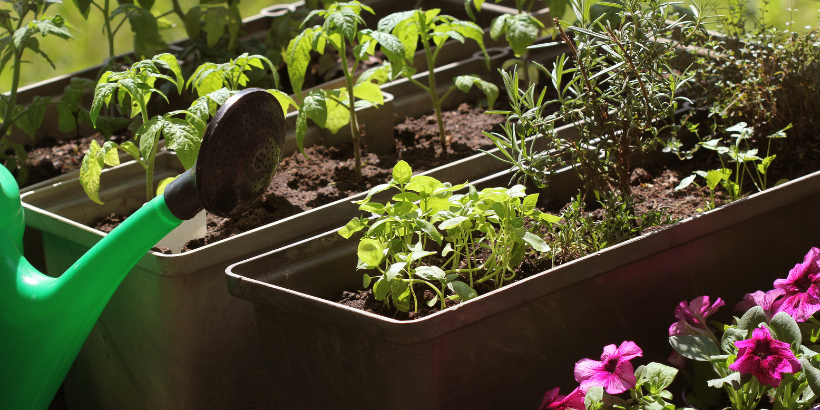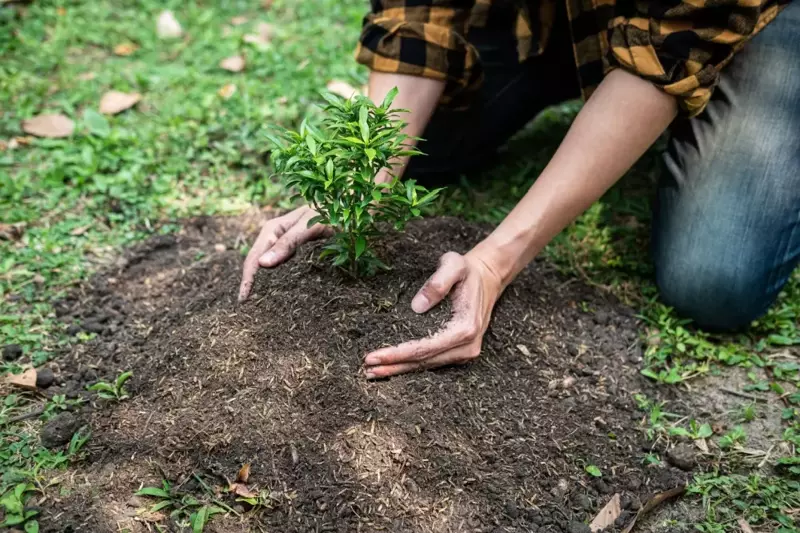Specialist Gardening Tips to Transform Your Outdoor Space Into a Heaven
Specialist Gardening Tips to Transform Your Outdoor Space Into a Heaven
Blog Article
Recognizing the Different Kinds of Gardening and Just How They Add to a Healthier Way Of Life and Setting

Benefits of Vegetable Gardening
Several people are increasingly acknowledging the myriad advantages of veggie gardening as an important element of a much healthier way of living. Involving in veggie gardening uses countless physical wellness benefits, consisting of increased exercise, which enhances cardiovascular health and wellness and advertises general health and fitness. The act of growing, weeding, and harvesting calls for activity and can aid combat sedentary behaviors, adding to weight management and enhanced muscle tone.
In addition, cultivating one's very own vegetables significantly boosts nutritional top quality. Organic fruit and vegetables is typically fresher and more nutrient-dense compared to store-bought alternatives, as it can be consumed shortly after harvest. This accessibility encourages a greater consumption of vegetables and fruits, which are crucial for protecting against persistent illness.
In addition, vegetable horticulture fosters psychological well-being by providing a restorative electrical outlet for anxiety relief and relaxation. Jointly, these advantages underscore the value of vegetable gardening as a keystone of a healthier way of life.
Discovering Blossom Horticulture

In enhancement to visual advantages, flower gardening sustains neighborhood ecosystems. Lots of blooming plants draw in pollinators, such as bees and butterflies, which are important for maintaining biodiversity. The presence of diverse plants can additionally enhance soil wellness, as various plants contribute to vitamins and mineral biking and improve soil structure.
Additionally, flowers can play a considerable function in advertising lasting techniques. Many gardeners choose native or drought-resistant types, which call for much less water and marginal chemical inputs. This strategy not just benefits the environment but likewise motivates accountable gardening practices.
Eventually, blossom horticulture acts as an essential part of an all natural horticulture strategy. Gardening. By cultivating appeal and sustaining neighborhood ecosystems, it harmonizes with vegetable horticulture and highlights the relevance of supporting both our physical and psychological wellness with nature
Container Gardening Advantages
Container gardening deals numerous benefits that make it an enticing alternative for both newbie and knowledgeable gardeners. One of the key advantages is its adaptability; containers can be put on patios, porches, or also inside, permitting gardening in areas with minimal ground access. This adaptability enables people in city environments or those with little yards to cultivate plants properly.
Additionally, container horticulture provides enhanced control over soil quality and moisture degrees. Gardeners can select details soil blends to enhance plant health and minimize problems like weeds and pests. The flexibility of containers likewise permits simple moving to optimize sunlight direct exposure or safeguard plants from inclement climate.
Moreover, container gardens can be cosmetically pleasing, providing a possibility for read more creativity in layout. Gardening. They can serve as decorative aspects that boost outside or interior spaces while promoting biodiversity by bring in pollinators
Last but not least, container horticulture can add to a healthier way of living by motivating exercise, as it often involves lifting, growing, and maintaining plants. Generally, the benefits of container gardening make it an accessible and satisfying technique for those seeking to improve their way of life and setting.
The Surge of Vertical Horticulture
As city spaces end up being progressively crowded, the fad of upright gardening has taken off, permitting people to optimize their gardening potential in restricted areas. This ingenious method entails expanding plants in upright frameworks, such as wall-mounted planters, trellises, or specialized upright yard systems. The appeal of vertical horticulture lies not only in its reliable use room yet likewise in its visual payment to city settings, changing bare wall surfaces right into lavish green landscapes.
Vertical gardens can be installed in homes, terraces, and community spaces, offering a platform for growing a range of plants, including natural More Bonuses herbs, vegetables, and decorative blossoms. This method encourages biodiversity and can boost air top quality by filtering toxins while promoting a link to nature in largely booming locations. Furthermore, vertical gardening uses sensible advantages, such as enhanced yield per square foot, making it an appealing option for urban garden enthusiasts seeking to grow their own food.

Sustainable Practices in Horticulture
Welcoming sustainable practices in gardening is necessary for advertising ecological health and wellness and ensuring the viability of our natural resources. Lasting horticulture methods focus on reducing environmental effect, saving water, and promoting biodiversity. By applying techniques such as natural horticulture, gardeners can lessen making use of artificial fertilizers and pesticides, which can hurt local environments.
Friend growing is one more efficient sustainable method, where certain plants are grown together to improve growth and prevent bugs naturally. Furthermore, utilizing native plants in landscape design sustains neighborhood wildlife and needs less maintenance, as they are inherently adjusted to the neighborhood environment and soil problems.
Water preservation techniques, such as rain harvesting and drip watering, assistance to effectively take care of water resources, thus decreasing waste. Composting organic waste not just enriches the soil yet also visit this page lowers garbage dump contributions, promoting a round economy.
Last but not least, practicing plant turning and cover cropping improves soil health and lowers the danger of pest invasions. By integrating these sustainable methods, garden enthusiasts can create resistant ecological communities that add to a much healthier way of living while guarding the atmosphere for future generations.
Verdict

Finally, the diverse techniques of horticulture, including veggie, flower, container, and upright horticulture, jointly promote a much healthier lifestyle and improve ecological sustainability. Each kind uses unique advantages, from supplying fresh produce and drawing in pollinators to enhancing limited areas and encouraging biodiversity. By fostering lasting practices, these horticulture approaches not only contribute to private health yet additionally support wider ecological preservation efforts, ultimately lowering reliance on industrial agriculture and enhancing neighborhood durability.
Report this page